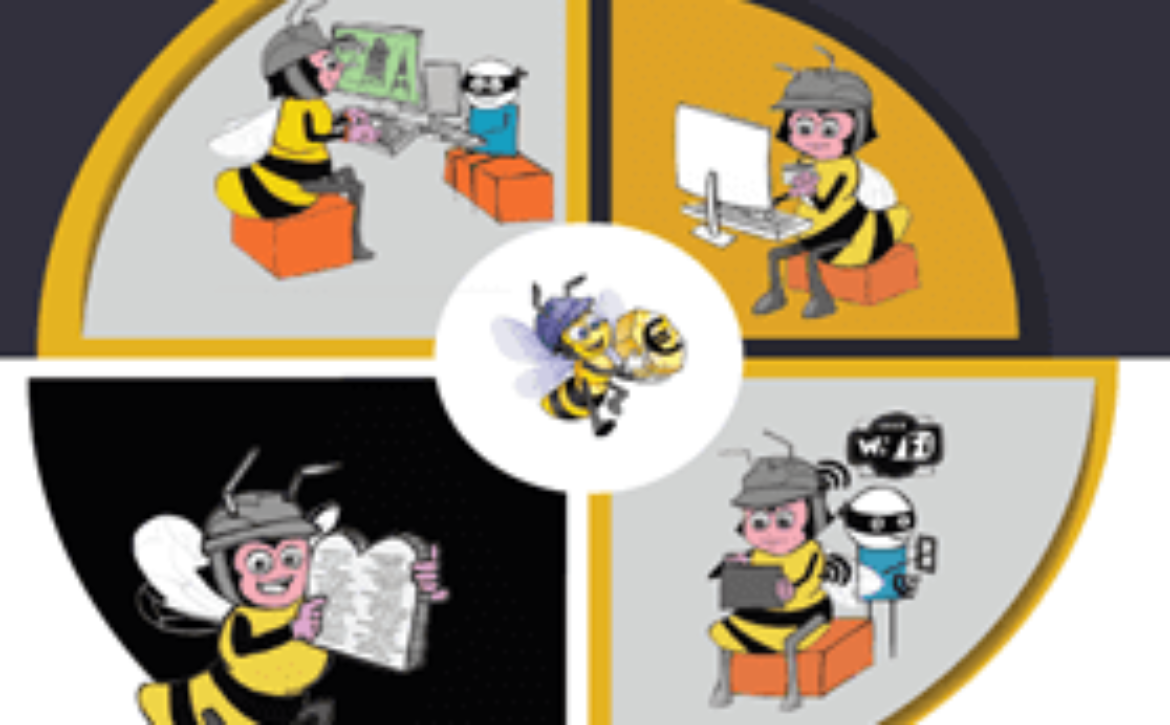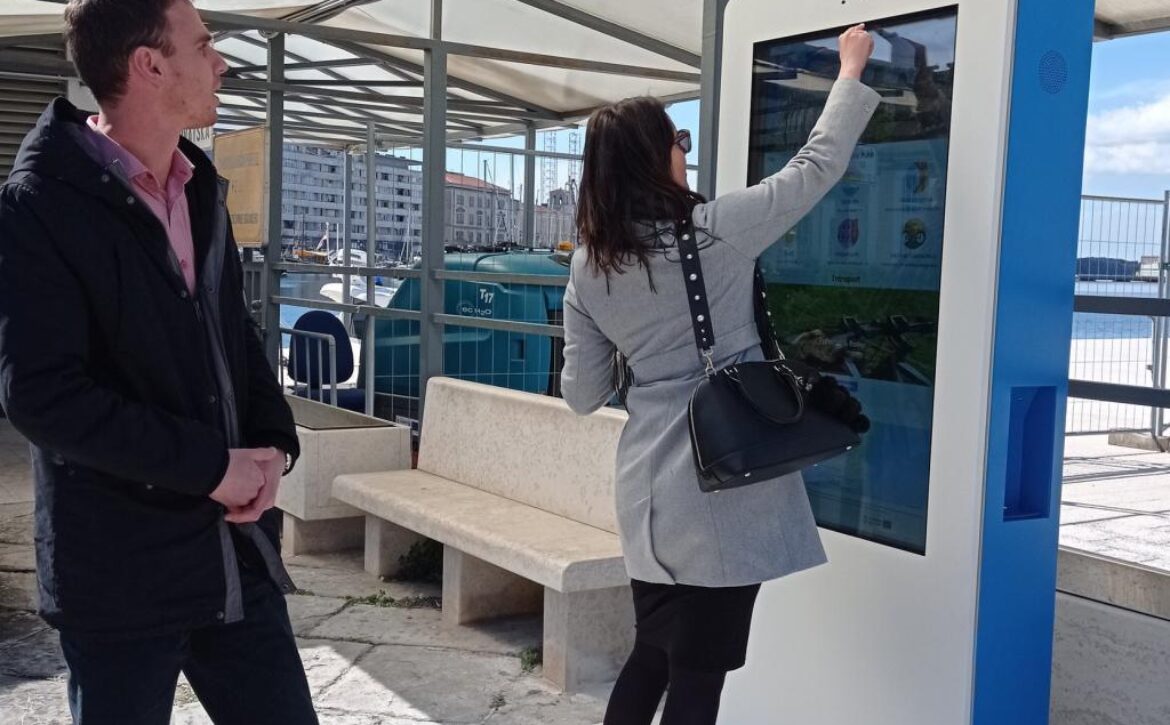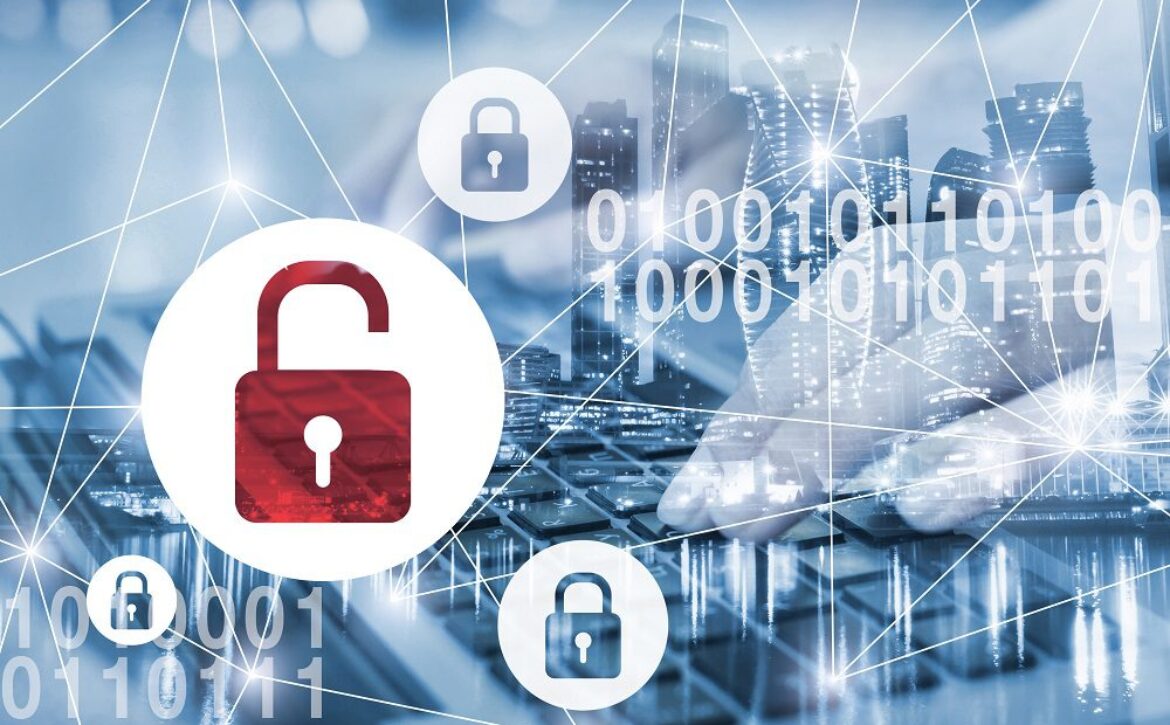What should you do if you believe you were scammed?
If you believe that you have uncovered a scam or you were the target victim of one, ĠEMMA advises you to report this. Do not let the scammer get away with it. Remember that there are vulnerable people who may not have the knowledge you have and may be at a high risk of being scammed unless the scam is stopped.
The following are entities to whom you may wish to make the report:
Cyber Crime Unit at the Malta Police Force
You can contact the Unit as follows:Online:computer.crime@gov.mt; telephone: +356 2294 2231/2.
In person: Call or visit any Police District station and lodge a report. The District Police Officer will request the assistance of a member from the Cyber Crime Unit as required.
Your bank
If you are the victim of a debit or credit card fraud, contact your bank immediately. Do the same if you lose your debit or credit card.
The revised Payment Services Directive (PSD2) establishes that if you, as a client of a bank, have lost or had your debit or credit card stolen, and it transpires that a fraudulent transaction has occurred after you notified your bank of the loss of your card, you are only liable to pay a maximum of EUR 50.
It is, however, important to note that you will not be entitled to any refund for losses relating to any unauthorised payment transaction if you have incurred such losses by acting fraudulently or by failing to fulfil your obligations with intent or gross negligence.
Complaints and Conciliation Directorate at the Malta Competition and Consumer Affairs Authority
You will find the website of the Complaints and Conciliation Directorate here. You can contact the centre as follows: online:info@mccaa.org.mt; submission of an online form: mccaa.org.mt/home/complaint; freephone:356 8007 4400; and in person as follows: Mizzi House, National Road, Blata l-Bajda, Gozo: Elizabeth Street, Xewkija, Gozo
ĠEMMA has on 21st June 2021 signed a strategic partnership with the Local Councils Association. Both ĠEMMA and the eSkills Malta Foundation are working the Association so that come October 2021, monthly public fora are held on scams and fraud in local communities.
Article prepared by ĠEMMA (within the Ministry of Social Justice and Solidarity, the Family and Children’s Rights)






